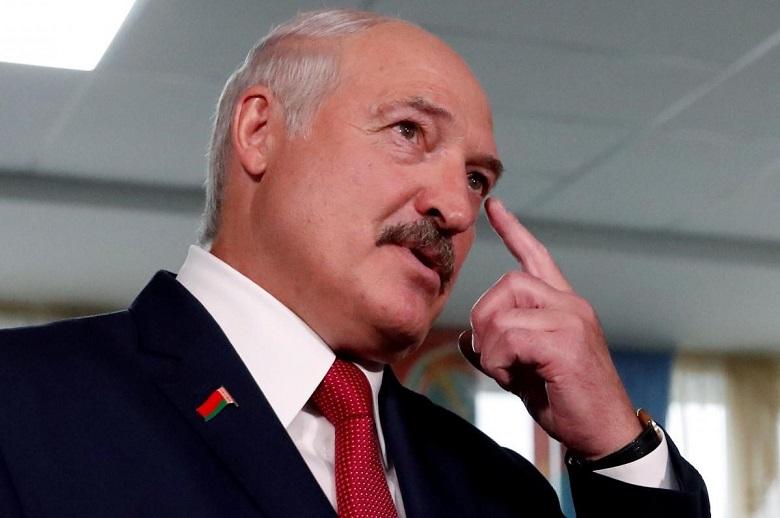Cafés, restaurants, and shops are open, and the football competition continues, everyone stays at work, students go to school. There is no lockdown in Belarus. However, the country has a high number of Covid-19 infections relative to its population. It often does not prevent President Alexander Lukashenko, often described as the last dictator of Europe, from continuing the major military parade on Saturday in the capital Minsk at all costs.
Life seems to be going on in Belarus – a country with about 9.5 million inhabitants – as if nothing is wrong. At least that is how the head of state Alexander Lukashenko, who is campaigning for the presidential elections at the end of August, sees things.
He has been in power since 1994. Lukashenko has repeatedly trivialized the pandemic as a “psychosis”. In March, he said that “people should not only wash their hands with vodka but also poison the virus with it”. Lukashenko finds a lockdown “unjustified, inefficient and bad for the economy and society”.
According to Johns Hopkins University, Belarus has at least 20,168 cases of the new coronavirus, and officially 116 people have died of the infection. But experts doubt the latter number. Many deaths would be attributed to pneumonia, whereas they actually have Covid-19 as the cause. The infection rate is high, and there are many more cases every day. In the last 24 hours, there have been 913 new infections.
Yet Lukashenko doesn’t want to know about a cancellation of the military parade next Saturday on the 75th anniversary of V-day, the victory over Nazi-Germany and the end of the Second World War. “We can’t cancel, those people died for us,” is the President’s argument.
His country was one of the first countries to be attacked and also destroyed during the Second World War. “We are a living monument to this war,” said Lukashenko. Certainly, the heads of state of the countries of the former Soviet Union should, still, according to the President, celebrate the victory over Nazi Germany on May 9 in Minsk.
Human Rights Watch and the World Health Organization (WHO) have already criticized Lukashenko’s plans. “We are very concerned about the possible negative effects of such a massage event. Older people are likely to participate here,” said the WHO representative in Minsk. The elderly are a risk group, and the event can be dangerous for them.
The WHO also tapped Belarus for “a lack of social distancing measures”. The organization called on the country to shut down non-essential businesses and to introduce remote teaching. But the Belarusians are only advised to keep a meter and a half away and to self-quarantine if they have tested positive or return from abroad, without any enforcement.
A large part of the population takes matters into their own hands. People try to go behind protective clothing and masks themselves, shop less, go to a restaurant or cinema less often, take the metro less often. Alexey, a psychologist from Minsk, says to aljazeera.com, “I am afraid the situation here will be like in Italy. If there is no lockdown, people will have to go to work; otherwise, they can be left out.”
“Lukashenko is irresponsible. You have to explain to people what is really happening,” says Andrei Yahorau, an analyst at a think tank specializing in Central and Eastern Europe.
Yahorau isolated himself and his family from the outside world. He does not let his two children go to the shelter but keeps it at home. Despite his criticism of the Belarusian President’s approach, Yahorau himself is opposed to complete lockdown.
“Belarus does not have the means to implement that. Companies must decide for themselves which production processes can go ahead and which cannot.”
